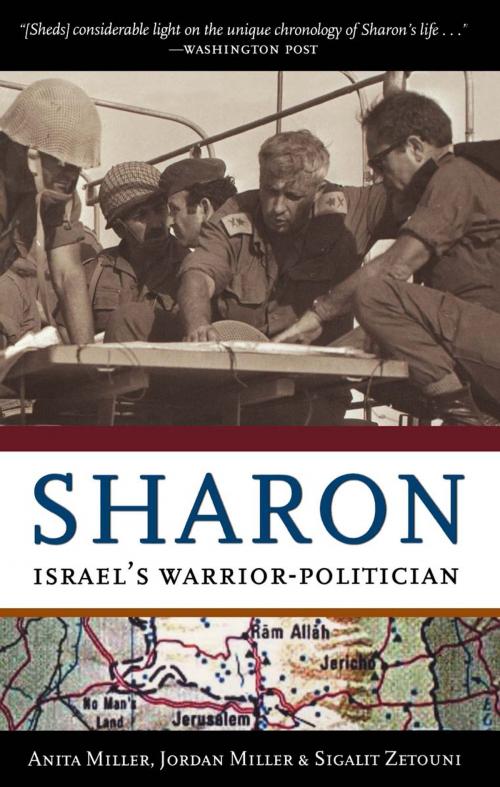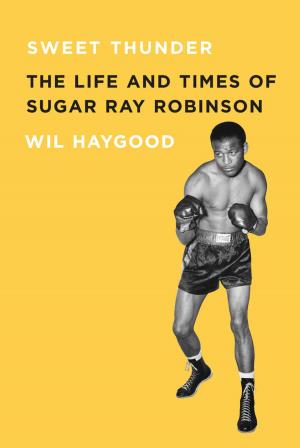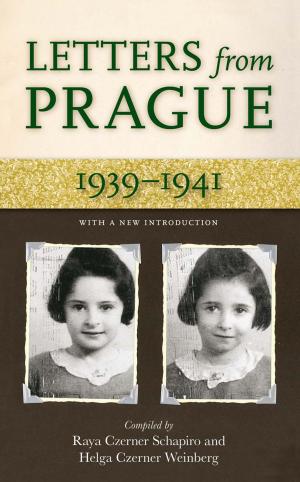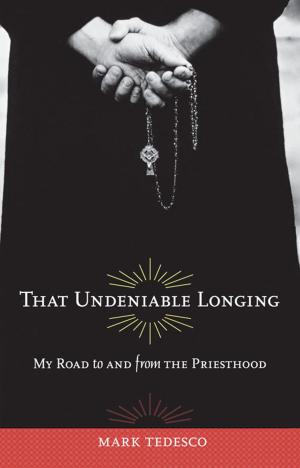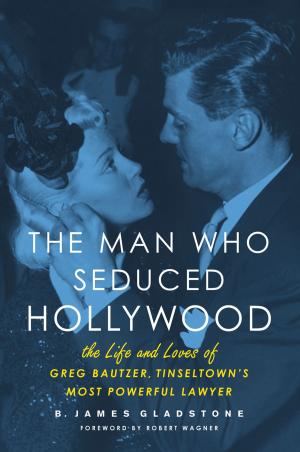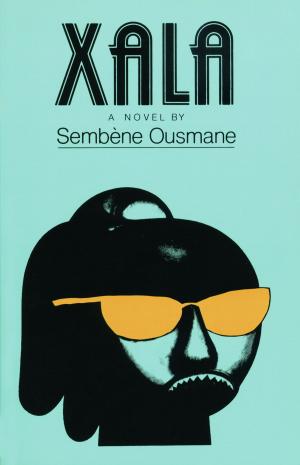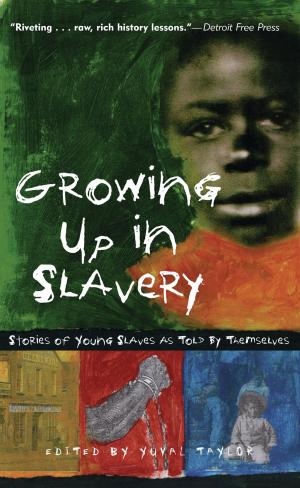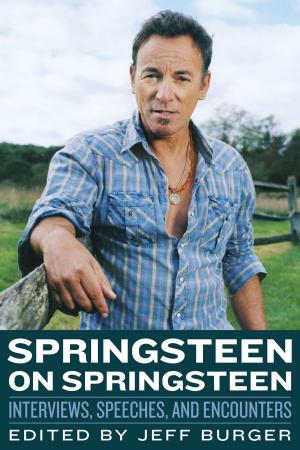| Author: | Anita Miller, Jordan Miller, Sigalit Zetouni | ISBN: | 9781613733400 |
| Publisher: | Chicago Review Press | Publication: | August 30, 2005 |
| Imprint: | Chicago Review Press | Language: | English |
| Author: | Anita Miller, Jordan Miller, Sigalit Zetouni |
| ISBN: | 9781613733400 |
| Publisher: | Chicago Review Press |
| Publication: | August 30, 2005 |
| Imprint: | Chicago Review Press |
| Language: | English |
Ariel Sharon, Israel's former Prime Minister, was perhaps one of the most controversial public figures in the Mideast.
He was born in 1928 in a moshav—an agricultural community in which, unlike a kibbutz, residents own their own property—and was raised by parents who were not only ardent Zionists but also rugged individualists. His father especially was contemptuous of socialism and believed in individual enterprise, raising his son to be self-reliant and physically strong in order to prepare him for the inevitable struggle to establish a Jewish state.
Sharon was perhaps best known as the organizer of what was called Commando Unit 101 and for his original ideas for the training of commando forces, which he later adapted to the training of larger, more traditional armies. During his military career he personally led many raids into Arab territory and has been criticized for his role in the destruction, in 1953, of some forty Arab homes—which he insisted he thought were empty and in which sixty-nine Arabs died. Later, in 1982, he was blamed also for allowing the Lebanese Christian Militia into a Palestinian refugee camp in which hundreds were killed.
His political career was of course indelibly colored by his military exploits. What made Sharon tick? What kind of a man was he? How did his childhood and early life condition him to become a brilliant commander, controversial soldier and an as-yet-untested leader of a small democracy which is divided both within and without? This first biography in English—frank, but balanced—will perhaps answer some of the questions raised by his career both as a soldier and politician.
Ariel Sharon, Israel's former Prime Minister, was perhaps one of the most controversial public figures in the Mideast.
He was born in 1928 in a moshav—an agricultural community in which, unlike a kibbutz, residents own their own property—and was raised by parents who were not only ardent Zionists but also rugged individualists. His father especially was contemptuous of socialism and believed in individual enterprise, raising his son to be self-reliant and physically strong in order to prepare him for the inevitable struggle to establish a Jewish state.
Sharon was perhaps best known as the organizer of what was called Commando Unit 101 and for his original ideas for the training of commando forces, which he later adapted to the training of larger, more traditional armies. During his military career he personally led many raids into Arab territory and has been criticized for his role in the destruction, in 1953, of some forty Arab homes—which he insisted he thought were empty and in which sixty-nine Arabs died. Later, in 1982, he was blamed also for allowing the Lebanese Christian Militia into a Palestinian refugee camp in which hundreds were killed.
His political career was of course indelibly colored by his military exploits. What made Sharon tick? What kind of a man was he? How did his childhood and early life condition him to become a brilliant commander, controversial soldier and an as-yet-untested leader of a small democracy which is divided both within and without? This first biography in English—frank, but balanced—will perhaps answer some of the questions raised by his career both as a soldier and politician.
